Tactics without strategy are the noise before defeat .
It is a sentence I hold dear to. Tactics are a conceptual action or short series of actions with the aimm of achieving a short-term goal, such as clearing a room, approaching a person, securing a person, conducting SSE or preparing to breach a door. Everything mentioned is commonly requiring an operator to respond in a procedural manner.
With that being said, it is essential to understand that strategy and tactics have to go hand to hand. An extended debate by itself, perhaps, the act of room clearing, represents several tactical concepts that commonly overlap under ‘one’ strategy. While an interesting and frankly a long topic to debate, the balance between tactics and strategy in CQB is crucial and poses many dimensions. But one of those easy to diagest examples is the whole tactical reload / weapon transition thing.
The problem has a clear formula. Individuals who never focus on longevity, consistency or conduct, will focus on shooting and carrying out tactics in a way which is very reactive, local, isolated to one problem. For example, they will fail to conduct a tactical reload when moving from one cleared area, to another contested space. Therefore, increasing the probability of a weapon transition due to simply being out of ammo, because 20 rounds were already spent in another roo. Within this example, this people perhaps tactically worked well – they experienced resistance, eliminated the resistance per SOP, and continued. But in the long run, from a strategical perspective, they failed.
Another good example is little things such as ACE check in specific phases. For example – Lebanon war 2006, an Israeli SF team leader collapses 30 minutes after a firefight against a terrorist cell in an apartment. Due to the mayhem and adrenalin, and while being aware that he felt a ‘awkward suppressed pain’ - he failed to recognize his own state – until it was too late. This also happened in the most important phase of the mission when C2 was required, but that was also too late. In the long run, it complicated the outcome and the bigger picture.
So what is the point? The point is that, maintaining a balance between ends, ways, and means, about identifying objectives; and about the resources and methods available for meeting such objectives. This balance requires finding out how to achieve desired ends and adjusting ends so that realistic ways can be found to meet them by available means.
Tactics are local. Strategy are the whole.

